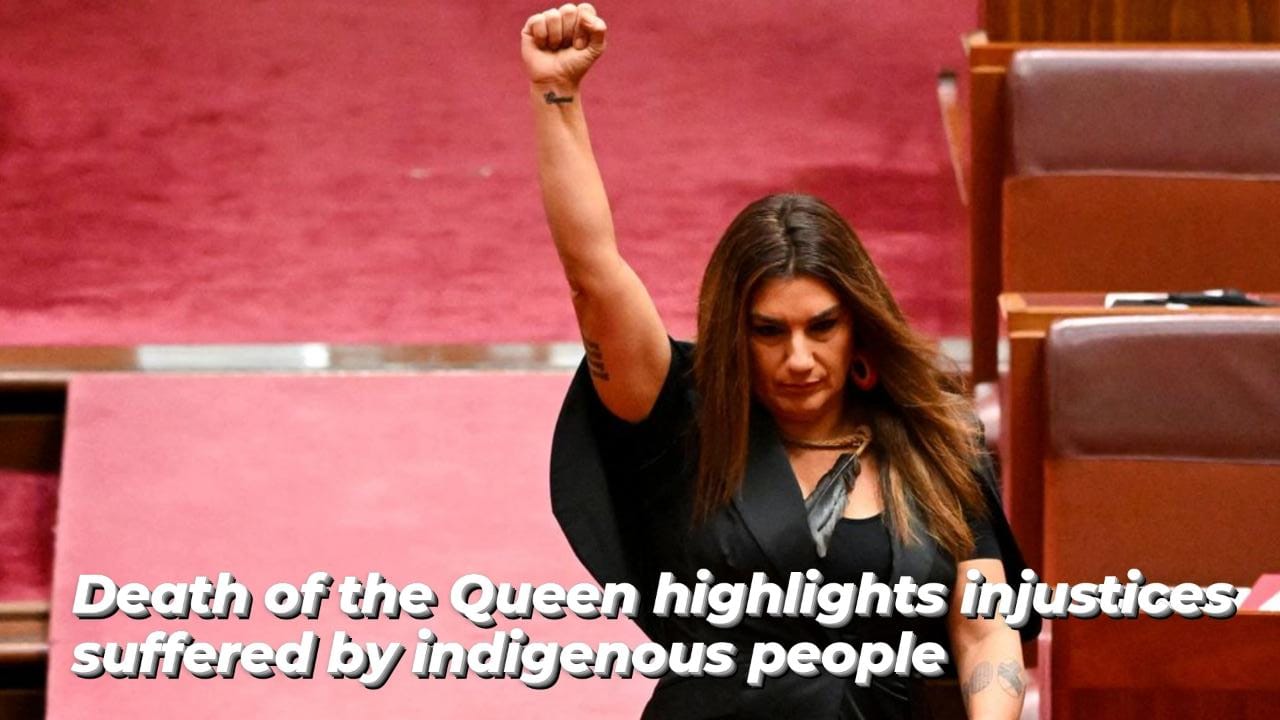
Lidia Thorpe, an indigenous Australian politician, raised her fist in protest and called Queen Elizabeth II a ‘colonising queen’ as she took her oath of office last month.
According to the Greens senator, who told Reuters this week, ‘it was like kneeling to the murderer.’ I was forced to swear loyalty to a colonising force that had harmed our people so greatly.
Following the passing of Queen Elizabeth, First Nations people from countries including Canada, Australia, and former Caribbean colonies have spoken out about their suffering and marginalisation. They have also renewed calls for some nations to abolish the monarchy as the head of state.
King Charles’ coronation coincides with a rise in anti-colonialism spurred by increased awareness of historical injustices and appreciation of indigenous knowledge and culture.
According to Veldon Coburn, a native Anishinaabe professor at the University of Ottawa in Canada, ‘there is rising popular knowledge concerning injustices around the world, what is carried out in the name of one’s own nation for the exploitation of indigenous peoples.’
‘You also find resistance movements emerging from the 1950s, almost concurrent with Queen Elizabeth’s reign.’
The demand for reparations and an apology for slavery is growing in various Caribbean nations, while indigenous leaders in Canada want the monarchy to address numerous past crimes.
Thorpe contrasted the government’s decision to hold a day of mourning for the Queen with the historical neglect of indigenous Australians. Australia is on a path to give Aboriginal people a formal voice on indigenous matters in parliament.
In terms of how we feel and how we are treated as First Nations people, she said, ‘it is just another nail in the coffin. It’s as if we never happened.’
The need for a distant monarch as head of state has come under increased scrutiny as a result of the shifting demographics in Commonwealth countries and allegations of racism within the royal family following Prince Harry and Meghan’s departure.

Post Your Comments